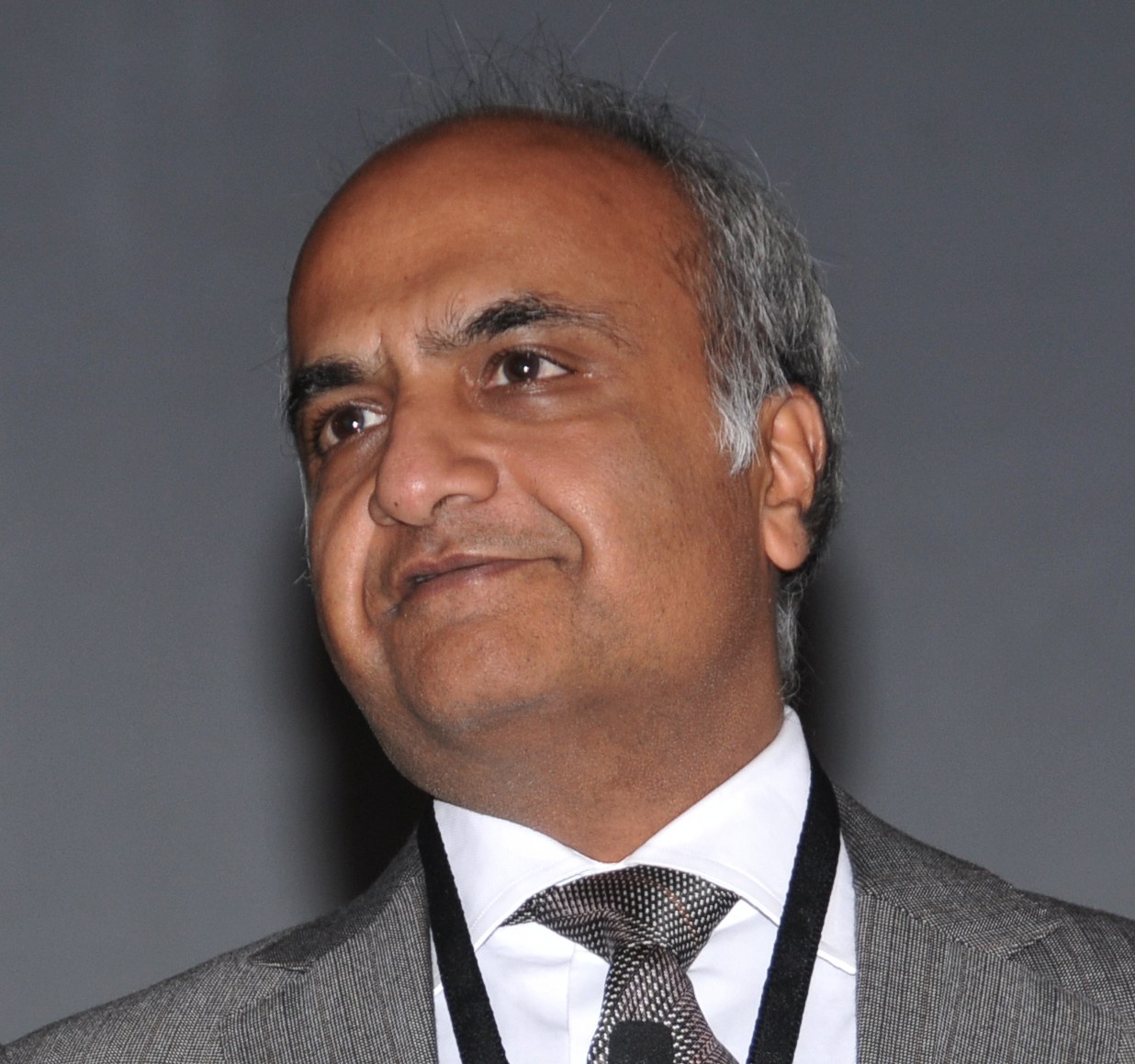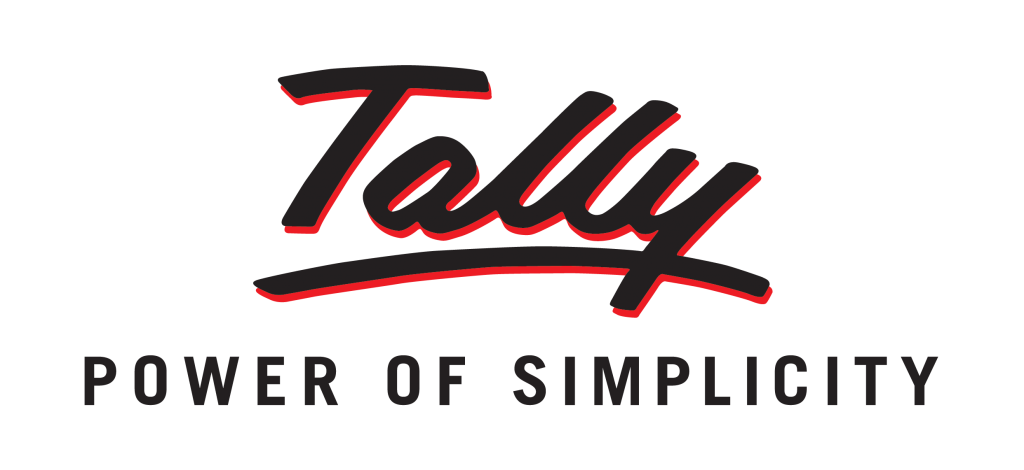He is a maverick, a reformer, a decision maker and above all the Governor of Reserve Bank of India. The country’s foremost authority in Economics met with Product startups in Bangalore to understand their challenges and also provide useful advise by participating in interactive sessions for close to 3 hours.
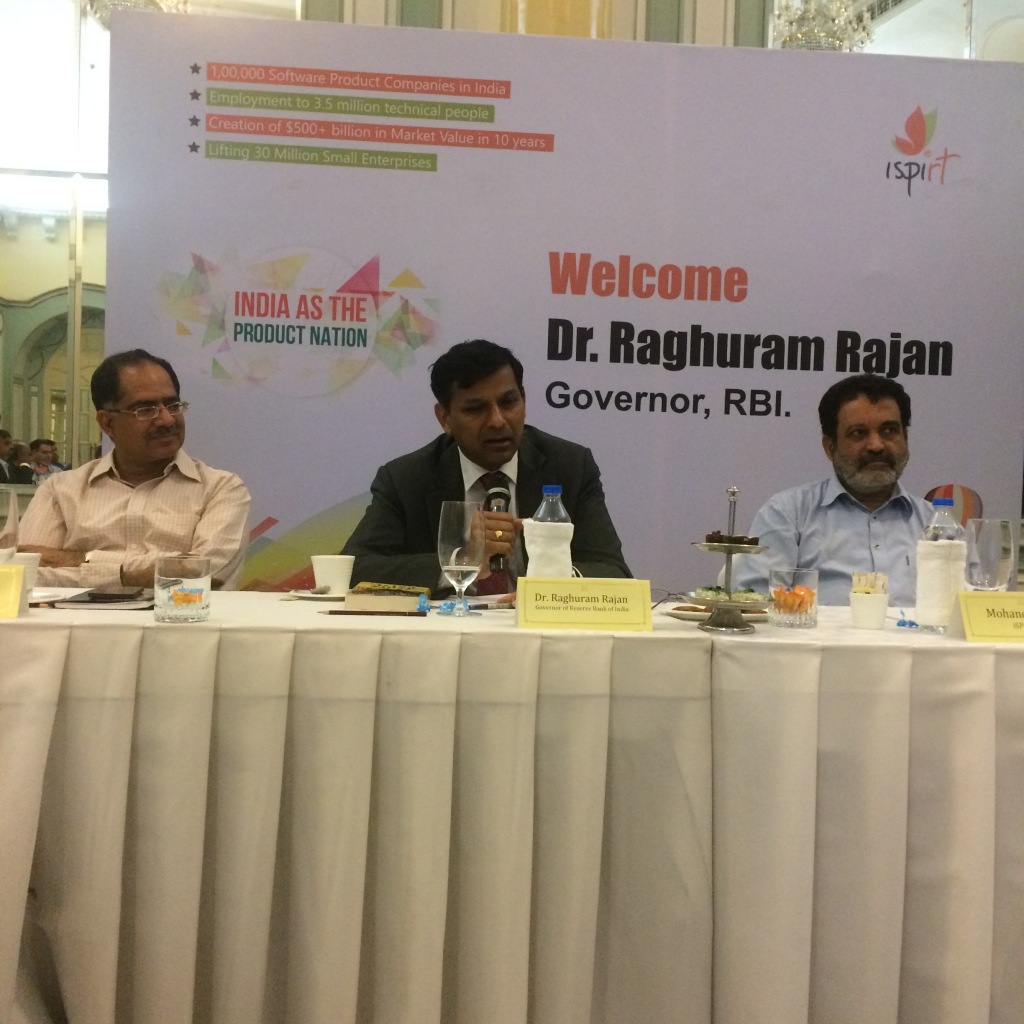
Yesterday, at ITC Windsor Manor, Dr Raghuram Rajan, honorable governor of RBI, along with Industry stalwarts Mohan Das Pai, Sudhir Sethi, MD of IDG Ventures, Shekar Kirani, Accel Partners, Sharad Sharma (iSPIRT), Bharat Goenka (Tally) and many other industry leaders heard the stories of about 10 Indian startups. The idea was to understand the following challenges of the startup Ecosystem
- Startups from India Competing with Global Giants with Capital Markets Challenges (like raising capital from Domestic FIIs, listing for IPOs, and other book building challenges)
- Startups from India building Software and Technology Products and solving local and domestic problems with the new & developing landscape of Consumer Market Challenges (like changing landscape of payments, pre-payments, recurring payments, etc)
- Product Companies like Tally and others from India, empowering small and medium businesses in INDIA to become Digital SMEs for leap-frogging the Indian Economy.
Dr. Rajan, was very forthcoming with his following admissions and suggestions.
- Some of some of the difficulties in moving money in and Out of the Country (FEMA regulations for example), requires a more coherent set of rules, regulations and systems.
- He also suggested that all Institutions, need to keep pace with the technological advances, and the need was really to have an Inclusive approach to carry everyone forward.
- He assured full commitment to the Payments Systems Revolution, highlighting that
- Payment Banks and Small Banks will be in full steam in about 12-18 months
- Innovative ideas of White-labeling of BCs (Business Correspondents) via Individuals, Corporations or Registered Companies was actively being discussed.
- His willingness to open up a dialog with Innovative Companies, where Banks are a purchaser of Technology was also evident in his offer to have more follow-on meeting.
Close to 180 minutes of conversation and showcasing of New Product Startups and Business Houses like Tally from Bangalore. Around 8 companies got the opportunity to showcase and highlight their challenges and directly interface with the Dr Rajan himself. Not all elements of the session can be reproduced here, but below are some of the key highlights and learnings.
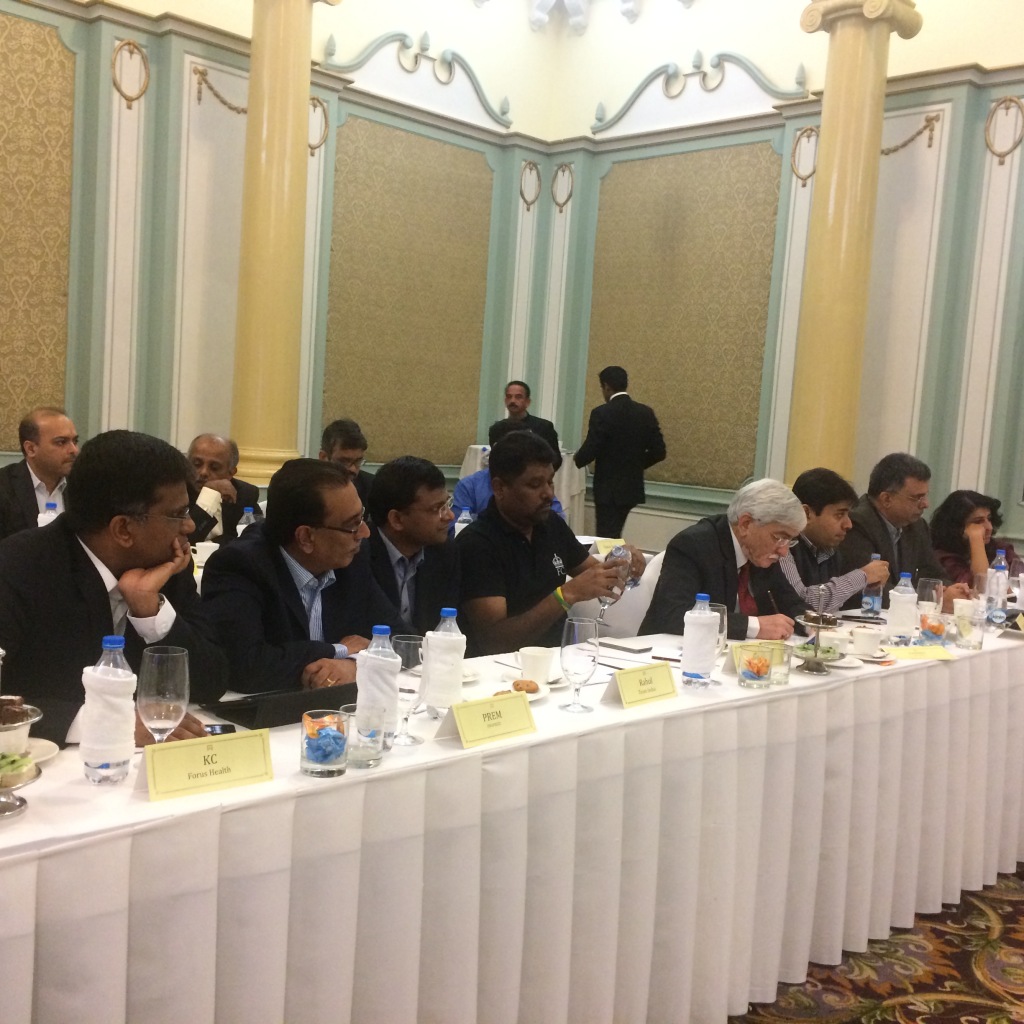 Home grown Startups share their Stories with RBI
Home grown Startups share their Stories with RBI
About 10 Indian Startups which started in INDIA, and which have global operations today, presented their stories not just from a valuation and growth standpoint, but from an emotional and proud-to-be an Indian startup viewpoint. To sum it up, almost every story was about Entrepreneur’s who dared to dream something not only for them, but for INDIA, and today want the Indian Systems (Regulators, Government and Institutions) to reciprocate to their needs. They highlighted their list of issues, the below checklist includes, but is not limited, to the following.
- InMobi’s Naveen Tiwari, believed that INDIA can be the HUB for solving Global problems and with 39 other startups which have spun-off from INMOBI, it was clear that there is a 10x growth that is possible in the Indian startup eco-system.
- Uniken a Security startup company with solutions for the Hyper-connected world, spoke about how their solutions have been deployed by Global and Indian Banks, including Bynet Communications. They stressed the need for all Indian Banks to adopt the latest solutions from India Solution Providers themselves which are on par or better than many cutting-edge solutions from outside of INDIA.
- Fintellix highlighted their Software for GRC Intelligence (Governance, Regulation and Compliance), which are today used by both Indian and Global Private Banks, but they cannot get through even the RFP process of many Public Sector Banks, due to archiac processes.
- Freshdesk presented a crowd sourced Customer Support Platform for Businesses, Tally Spoke about large scale adoption of their Accounting Software by SMEs (in millions), FORUS presented their home-grown medical devices (3nethra) which could be adopted by Indian Hospitals for 1/3 the cost, and how 80% of issues leading to Blindness can be prevented, while SnapBizz showed how even Kirana Store business owners today could gain improved visibility using the SnapBizz cloud platform.
- Team INDUS and Deck.in showed, how Indian startups are turning world-beaters with their big ambitions in Aerospace and Enterpsie Software solutions.
- Bharat Goenka and Pramod highlighted the need for Separation of Concerns between Transaction Enablers (Banks) and Technology Providers. Goenka stressed that Velocity of Growth, is dependent directly on the velocity of transactions.
Insights and Learnings from RBI and Dr. Rajan.
There were many learnings for all participating Startup & Business Entrepreneurs. Some of the key ones are
- Dr. Rajan believes that for Capital availability & Funding Process for Innovators there needs to be a different RISK Framework that needs to adopted. The existing RISK framework was meant to keep the bad-elements away from the System. The new RISK framework should look at being a support system for Good Innovators.
- Dr. Rajan also was open to look at enabling PUT-OPTIONs which will provide down-side risk protection for atleast the Investment-value like in WESTERN Contracts.
- Dr. Rajan however, said we must all be cautious of Back-door debt masquerading as Equity and causing Systemic Harm.
- Dr Rajan, participated enthusiastically on the following topics
- Payment Banks / Small Banks and their utility for the Indian Business growth
- NPCI framework and Payment Systems Revolution
- Working with FEMA (Mr. Padmanabhan) to resolve difficulties in Money Movements.
- Other most important advise for Startups were also discussed. To note a few,
- RBI Governor said India has a decent Capital Chest which provides some Immunity to the Global shocks, however we cannot act in Haste.
- Today, the need for Inclusive growth were the Unsophisticated Audience can also be carried forward, should be an objective for all innovative solutions.
- Indian Public Sector institutions should welcome tech-savvy and young entrepreneurs as part of some of their committees.
- Most importantly RBI can play a convening role for adoption of Innovative Products by Indian Banks.
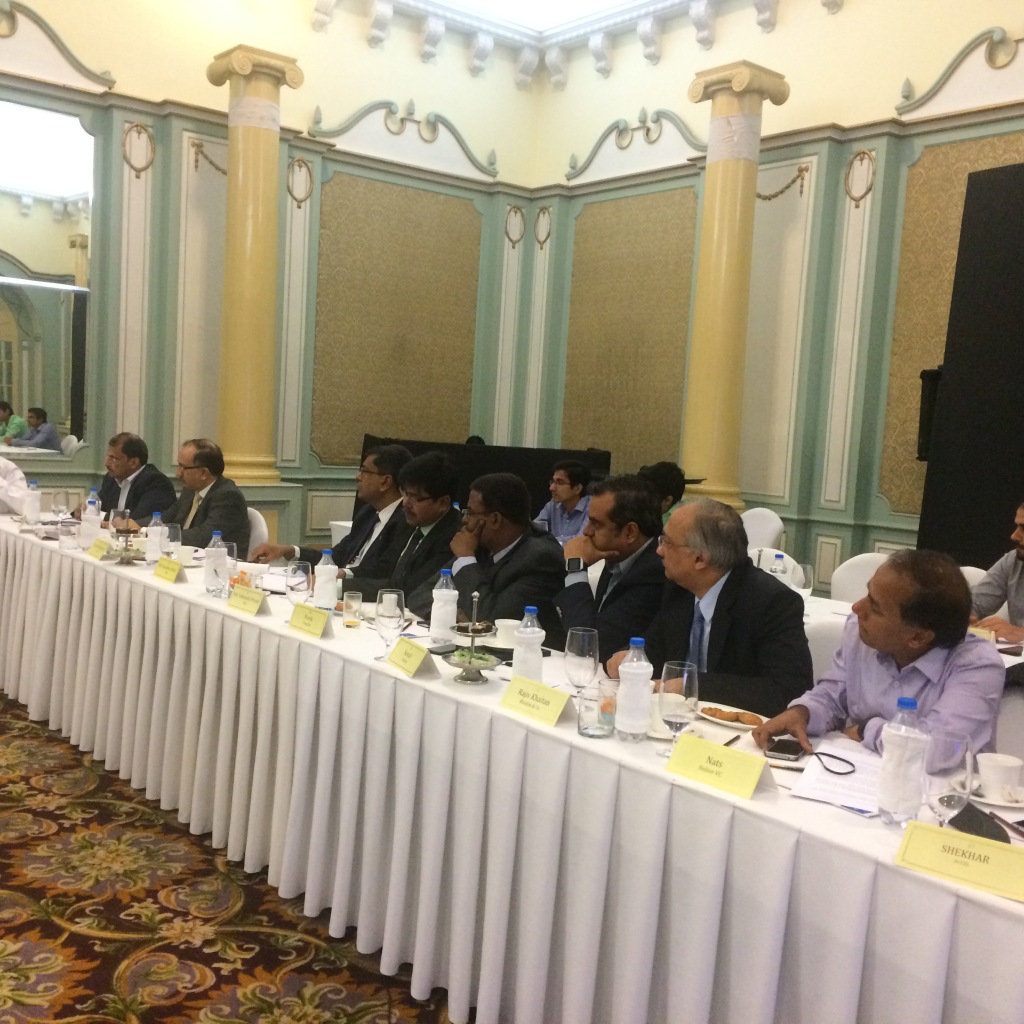 Conclusion
Conclusion
Overall it is apparent that the INDIAN technology/internet product markets, are in a Golden Moment where Aspirational issues are leading to better RISK appetite among INDIAN Entrepreneurs. It is a new Paradigm where not just startups, but all Institutionals bodies with-in INDIA, need to now collaborate and commit, for supporting each other’s RISKs and Needs. RBI on its part has definitely shown keen interest, and to quote from a fine statement made by Girish, Dr. Rajan, believes that RBI interventions may arrive late, but they will definitely be latest. The Entrepreneur hence must be patient and not act in HASTE.



